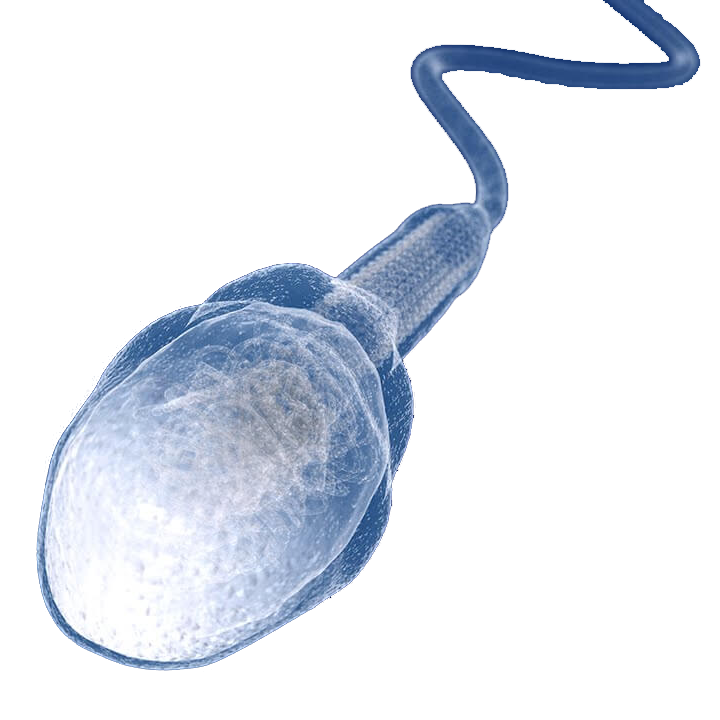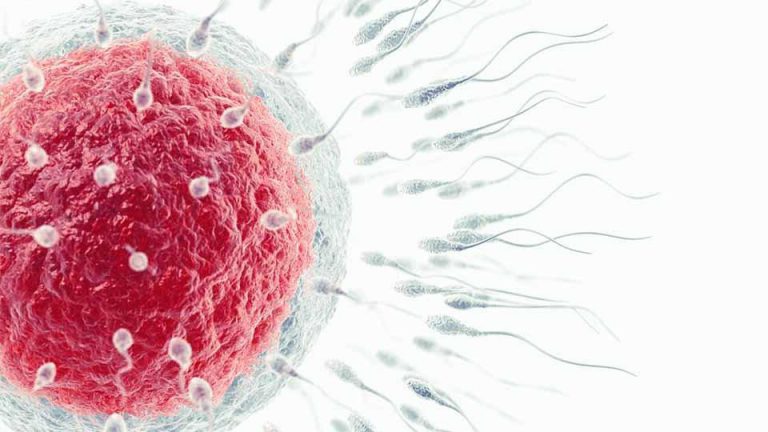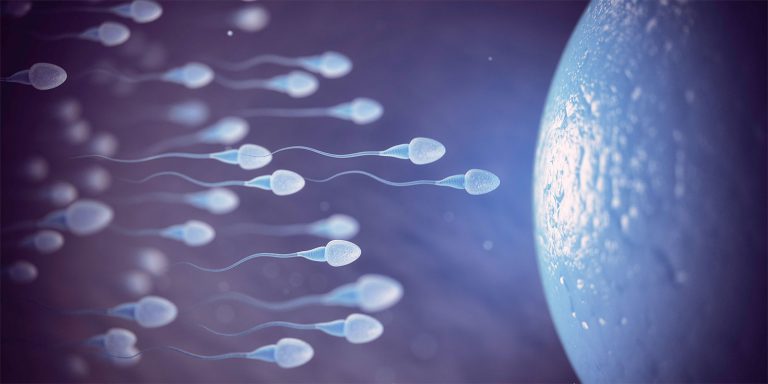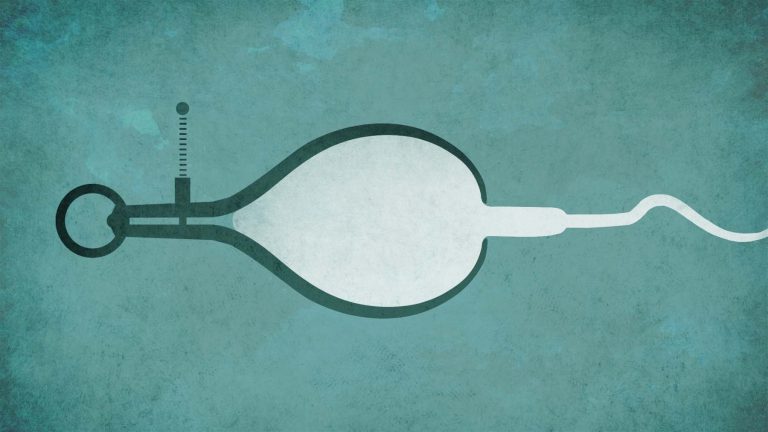Oligospermia, sometimes called oligozoospermia, is a male fertility issue, where there are fewer sperm than normal in a man’s semen. It is more plainly referred to as low sperm count.
While semen can have varying concentrations of sperm, a normal ejaculate may contain between 40 million and 300 million sperm per milliliter of semen. A man is diagnosed with oligospermia if he has a concentration of less than 15 million sperm per milliliter of semen. In a case of severe oligospermia, a man’s semen will have a concentration of less than 5 million sperm per milliliter. The total absence of sperm in semen is called azoospermia.
Low sperm count can be a problem if a couple wishes to get pregnant, because having fewer sperm decreases the odds that one of the sperm will fertilize the woman’s egg naturally. Oligospermia is a common cause of male factor infertility.
Causes of Oligospermia
A low sperm count can be caused by a number of different things, including:
- Varicoceles (swollen testicular veins)
- Infections of the male reproductive organs
- Some sexually transmitted diseases, such as gonorrhea and chlamydia
- Ejaculation problems, such as retrograde ejaculation
- Defects of the immune system that cause your body to attack sperm
- Tumors
- Hormone imbalances
- Chromosome defects, such as Klinefelter’s syndrome
- Celiac disease
- Certain medications
- Prior surgeries or injuries
- Exposure to industrial chemicals, heavy metals, or radiation
- Drug & Alcohol
- Tobacco Use
- Obesity
- Stress
Diagnosis of oligospermia is typically done by semen analysis. This is a procedure where a man provides a semen sample, which is then analyzed by a lab to determine sperm concentration, motility, morphology, and other factors affecting fertility.
Oligospermia Treatment
If it is determined that a man has oligospermia, treatment options depend on whether or not the cause of the low sperm count can be determined. If an injury is causing the problem, for instance, there may be reconstructive surgery that can restore normal functionality of the reproductive organs; if an infection is at fault, antibiotics may help.
If the cause is not immediately obvious or is something that is difficult to treat, the couple may try ICSI, a procedure that involves injecting a single good-quality sperm collected from the man directly into an egg collected from the woman, and then implanting the resulting embryo in the woman’s uterus. The couple may also use donor sperm.
I hope this helped answer some of your questions and if you’re concerned about infertility, remember that men are half the equation. Talk with your doctor about what male fertility tests you can take.







